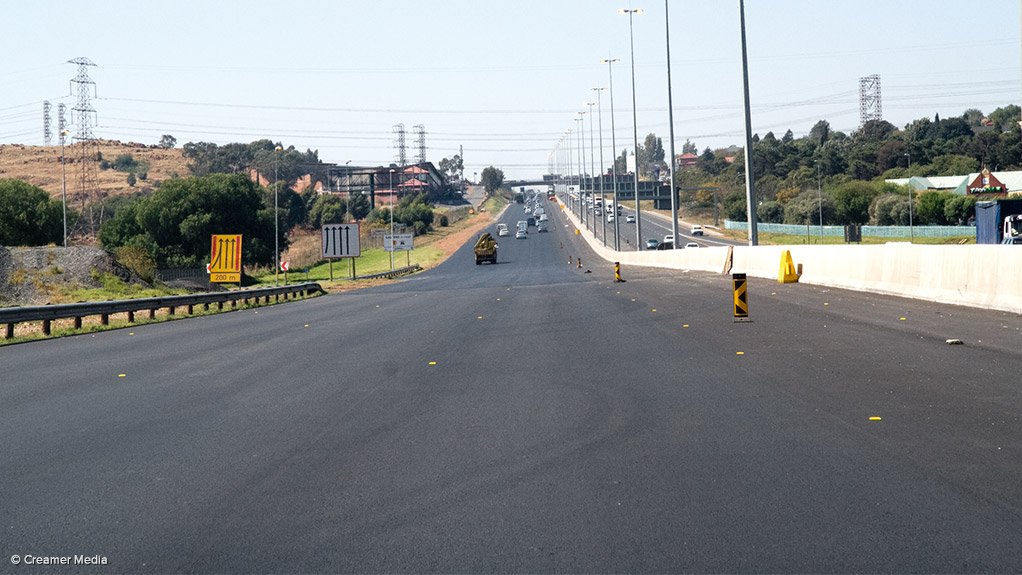When Deputy President Cyril Ramaphosa announced reduced e-toll tariffs last week‚ he said a review panel “found that there’s general acceptance of the user-pay principle”.
But a study conducted by Ipsos prior to the announcement of the new e-toll dispensation‚ found that the “vast majority – 74% – of Gauteng motorists were of the opinion that the government should find an alternative to the e-toll system in Gauteng”.
“It is, therefore, not very surprising that the news of the fee reduction has not been more positively received‚” said Mari Harris‚ Ipsos’s director of public affairs.
“This will be compounded by the possibility of being unable to renew your vehicle’s license in the case of unpaid toll fees.”
The percentage of those preferring an alternative to the current payment method has grown‚ Ipsos claimed‚ saying that “58% of motorists were already calling for a different system in November 2013”.
“This was before the current system had even been launched‚” said Harris‚ adding that‚ at that time‚ only 13% of motorists had bought an e-tag‚ or intended. Currently‚ just under a third – 32% – of Gauteng’s more than three-million motorists has an e-toll tag.
The latest Ipsos study found that 43% of Gauteng motorists disagreed with the statement that the amount charged per kilometer – 58c – is reasonable and 47% disagreed completely with the toll to be paid by Gauteng motorists.
This study was done in April‚ before Ramaphosa cut the e-toll fee to 30c per kilometre and capped fees at R225 a month for light motorists.
“With the possible backlash against the new announcement‚ as well as the very strong opinion that the public voice was not heeded‚ as evidenced by this research‚ it is unlikely that e-tolls will now be paid. In the worst case‚ it could simply lead to more unlicensed vehicles on the road,” said Harris.
EMAIL THIS ARTICLE SAVE THIS ARTICLE
To subscribe email subscriptions@creamermedia.co.za or click here
To advertise email advertising@creamermedia.co.za or click here











